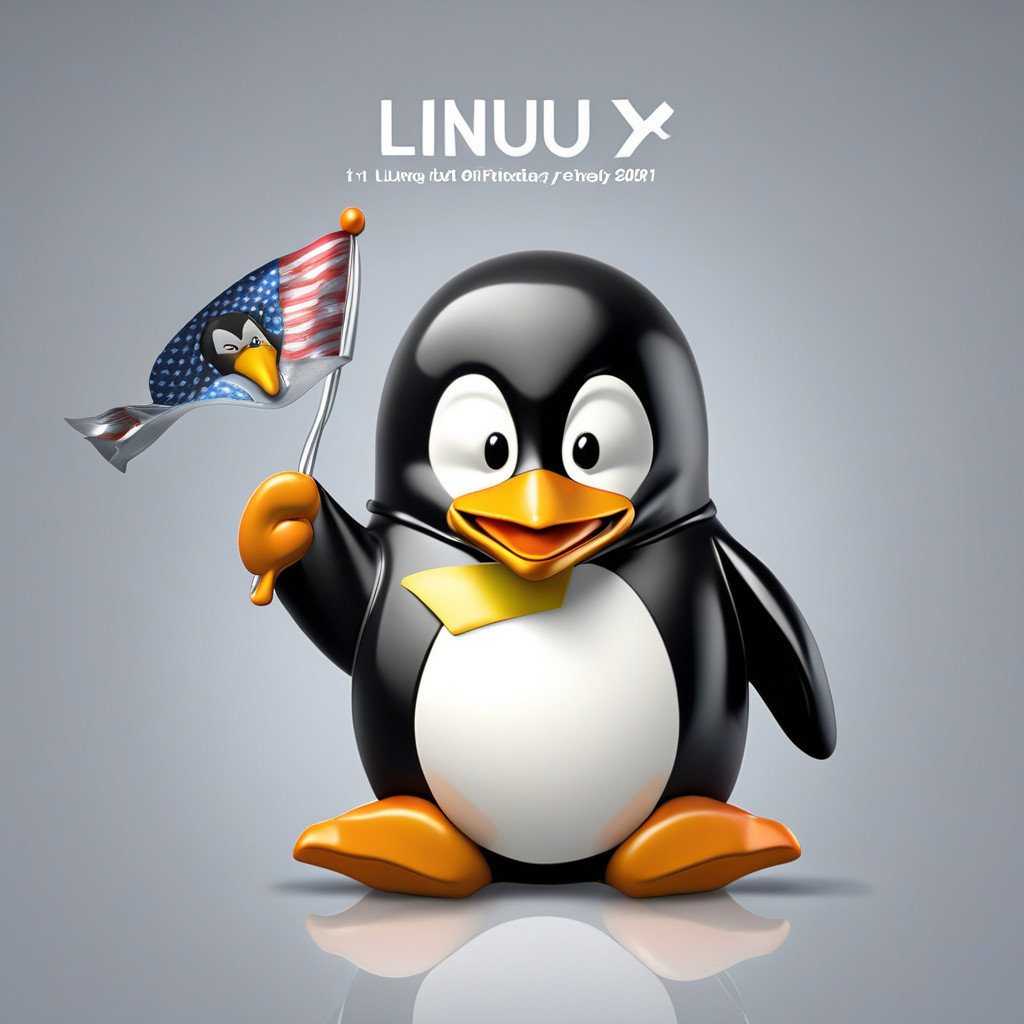Linux Operating System: A Comprehensive Introduction for IT Professionals
Linux, often depicted by the iconic penguin mascot, is more than just a cute symbol—it’s a powerful and versatile operating system that has become a cornerstone of IT infrastructure worldwide. As a free and open-source platform, Linux offers a wealth of benefits that appeal to developers, system administrators, and tech enthusiasts alike. In this article, we will delve into the fundamentals of Linux, exploring its origins, key features, and why it has emerged as a leading choice for a wide range of computing needs.
The Origins of Linux
Linux, initially developed by Linus Torvalds in the early 1990s, was inspired by the Unix operating system. What sets Linux apart is its open-source nature, allowing users to access and modify the source code according to their requirements. This flexibility has spurred a vibrant community of developers who contribute to its ongoing evolution. Today, Linux powers a diverse array of systems, from servers and supercomputers to smartphones and embedded devices.
Key Features of Linux
One of the defining features of Linux is its stability and robustness. The architecture of Linux is designed to handle multiple tasks efficiently, making it ideal for high-performance computing environments. Additionally, Linux offers extensive customization options, enabling users to tailor the operating system to suit specific needs. With a wealth of software packages available through package managers like APT and YUM, Linux provides access to a rich ecosystem of tools and applications.
Advantages of Using Linux
Linux’s open-source nature not only fosters innovation but also enhances security. The transparency of the source code allows for rapid identification and patching of vulnerabilities, reducing the risk of malware and cyber attacks. Moreover, Linux is known for its scalability, making it well-suited for environments that require flexibility and resource optimization. Whether you are running a web server, developing software, or exploring the world of IoT, Linux offers a reliable and cost-effective solution.
Linux Distributions
One of the hallmarks of Linux is its diverse range of distributions, or “distros,” each tailored to different use cases and preferences. Popular distributions like Ubuntu, Fedora, and CentOS cater to a broad spectrum of users, from beginners to advanced professionals. These distros often come bundled with user-friendly interfaces, software repositories, and community support, making it easy for individuals and organizations to get started with Linux.
Getting Started with Linux
If you are new to Linux, getting started is easier than you might think. Many distributions offer live CDs or USBs that allow you to test the operating system without making any changes to your system. Online resources, forums, and tutorials abound, providing guidance on installation, configuration, and troubleshooting. By experimenting with Linux in a virtual machine or on a spare system, you can familiarize yourself with its features and functionality at your own pace.
Embracing the Power of Linux
In conclusion, Linux stands out as a versatile and reliable operating system that continues to shape the landscape of modern computing. Its open-source ethos, combined with robust features and strong community support, makes it a compelling choice for IT professionals seeking performance, security, and innovation. Whether you are a developer looking to optimize your workflows or a system administrator managing complex networks, Linux offers a wealth of possibilities to explore and leverage.
Final Thoughts
As you embark on your journey with Linux, remember that the beauty of this operating system lies in its adaptability and endless potential for customization. By embracing Linux, you are joining a global community of enthusiasts and experts who are passionate about pushing the boundaries of technology. So, why not take the plunge and discover the power of Linux for yourself?
In conclusion, Linux is not just an operating system; it’s a symbol of collaboration, creativity, and empowerment in the digital age. By choosing Linux, you are not only embracing a powerful tool for your IT endeavors but also becoming part of a rich heritage of innovation and discovery. Let the penguin guide you on your Linux journey, and who knows where it might lead you in the ever-evolving world of technology.

